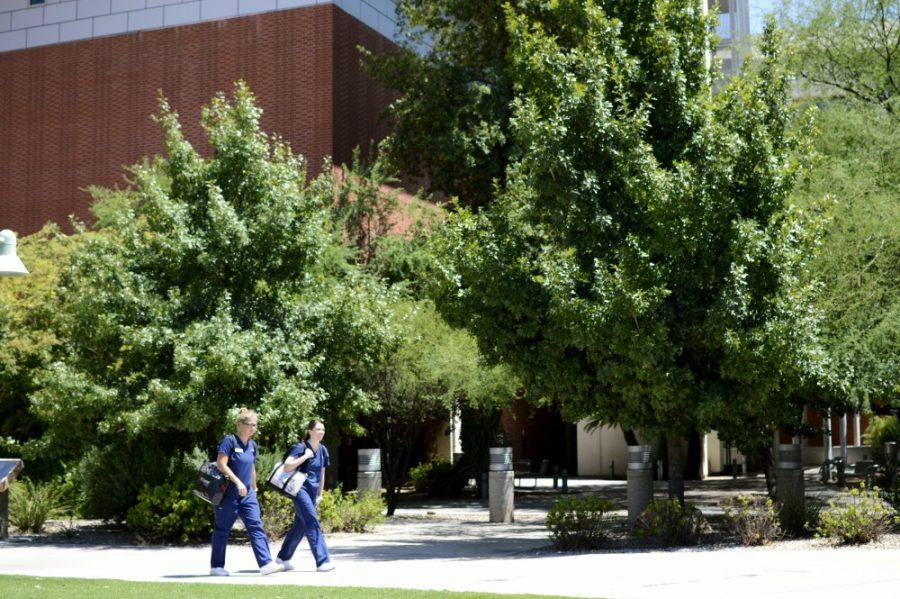The Willed Body Program at UA’s Medical College has seen a surge in body donations, and it isn’t alone. Medical schools around the country are experiencing increases as well, according to U.S. News and World Report.
Last year, the Willed Body Program, which serves all three state universities among other education institutions, received 270 bodies compared to their average 180—an almost 67 percent increase.
Katherine Alvarado, coordinator of the Willed Body Program, attributes the surge in donations to heightened media coverage.
“It’s something most people don’t think of,” Katherine Alvarado said of whole-body donations.
RELATED: Regents hold meeting in Tucson to discuss UA Colleges of Medicine
Katherine said she is hopeful about the steadily increasing number of donations, which she believes will have an overall positive effect on the medical schools the program serves.
Too many donations will never be a problem for the program, according to Katherine, who says there are policies in place which ensure that they do not get more than they need.
“If we were to ever meet our capacity [180-200 donors] we would not accept more donors,” Alvarado said.
At UA’s Medical College—Tucson, five medical students are assigned to work with each of the donated bodies.
Raj Shah, a second-year medical student at the UA studying to go into surgery and cardiology, has worked with donated bodies in the program.
Initially he felt the process was a little unsettling, but after working with a donor body in a hands-on environment, getting to focus on the small details—like the veins and arteries and different organs and tissues—Shah found a greater appreciation for the human body.
After studying sections of the donors’ bodies, medical students are given practical exams to identify the different structures. During these tests, students are able to draw on the real-world experience they’ve had with the donor bodies.
Medical students like Shah benefit from the increasing number of donor bodies because it gives them greater opportunity to observe the minute differences that are unique to each human body.
Jared Alvarado, funeral director and embalmer for the Willed Body Program, preserves the donated bodies for the anatomy program and focuses on making the cadavers readily available to students.
“We admire each and every one of these donors, and we thank them every day for what they have to give to the students,“ Jared said.
Last Friday, UA’s College of Medicine held its annual memorial service to honor the donors whose bodies were studied over the past year.
Second-year medical students put on the service and gathered together with faculty and family members of the donors to plant a tree in honor of the lives of donors who contributed their bodies to help further scientific studies.
RELATED: UA College of Medicine coordinator talks admissions in growing applicant pool
Follow Megan Jacoby on Twitter.









